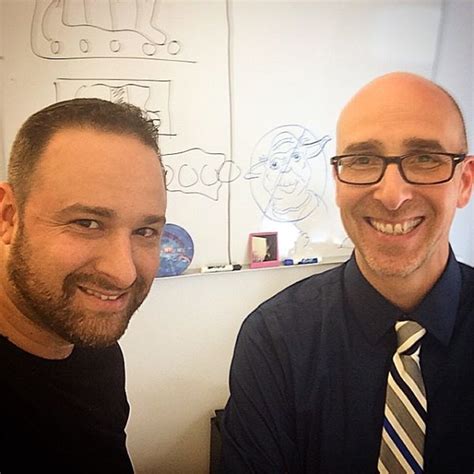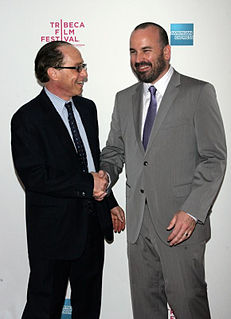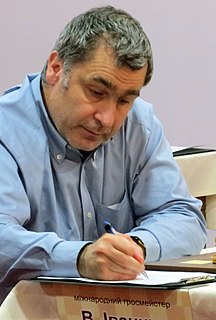A Quote by Ashley Zukerman
It's amazing what these computers we carry around in our pockets can do. And if anyone wants to, they can know what we're doing.
Related Quotes
It's great that the Internet can enhance and speed up our communications and that computers can do all the things they do. It's fabulous. At the same time, it changes our priorities. For example, before I would always remember people's telephone numbers and now I don't know anyone's number. So what happens if computer systems go down but you still have landlines? Well, I couldn't call anyone because I don't know anyone's number.
There are things we never tell anyone. We want to but we can't. So we write them down. Or we paint them. Or we sing about them. It's our only option. To remember. To attempt to discover the truth. Sometimes we do it to stay alive. These things, they live inside of us. They are the secrets we stash in our pockets and the weapons we carry like guns across our backs. And in the end we have to decide for ourselves when these things are worth fighting for, and when it's time to throw in the towel.
I have a son. He's 10 years old. He has computers. He is so good with these computers, it's unbelievable. The security aspect of cyber is very, very tough. And maybe it's hardly doable.But I will say, we are not doing the job we should be doing. But that's true throughout our whole governmental society.
It's a very special generation, because during our careers the computer entered chess. So we know how to play without computers, which is also important. We can analyse without computers. I am not saying that younger players cannot do this, but we are more in the habit of doing this. That's important to improve your chess understanding.




































